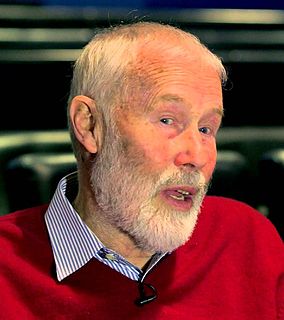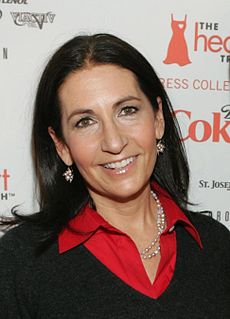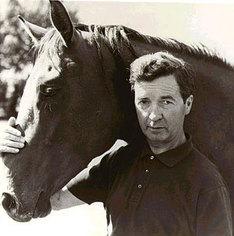A Quote by Rainer Weiss
You think Earth's gravity is really something when you're climbing the stairs. But, as far as physics goes, it is a pipsqueak, infinitesimal, tiny little effect.
Related Quotes
It's becoming clear that in a sense the cosmos provides the only laboratory where sufficiently extreme conditions are ever achieved to test new ideas on particle physics. The energies in the Big Bang were far higher than we can ever achieve on Earth. So by looking at evidence for the Big Bang, and by studying things like neutron stars, we are in effect learning something about fundamental physics.
I think we underestimate the importance of kindness sometimes. We understand the power of just a little tiny bit of kindness. It could be the catalyst for something so important. Sometimes just a tiny little gesture or an acknowledgment can make all the difference in turning somebody's life around. I think it has a trickle down effect, when you pass on what you receive without even knowing it. We also underestimate our own power to make a difference with the decisions that we make, every day.



































